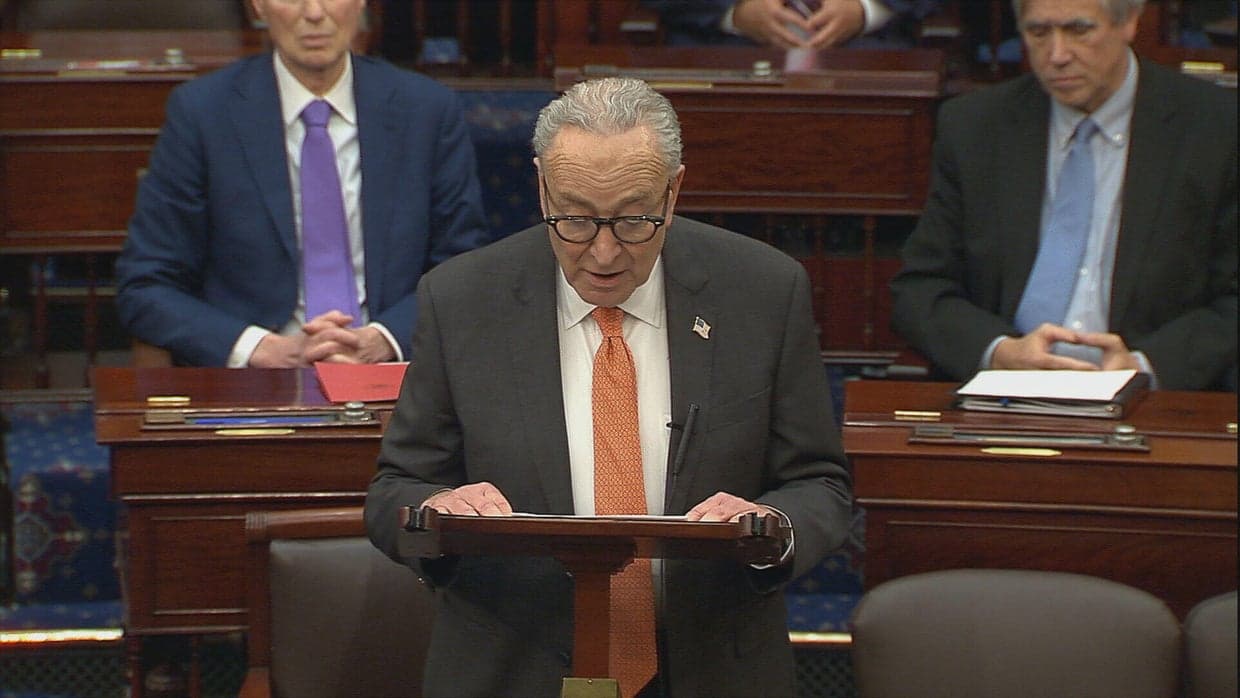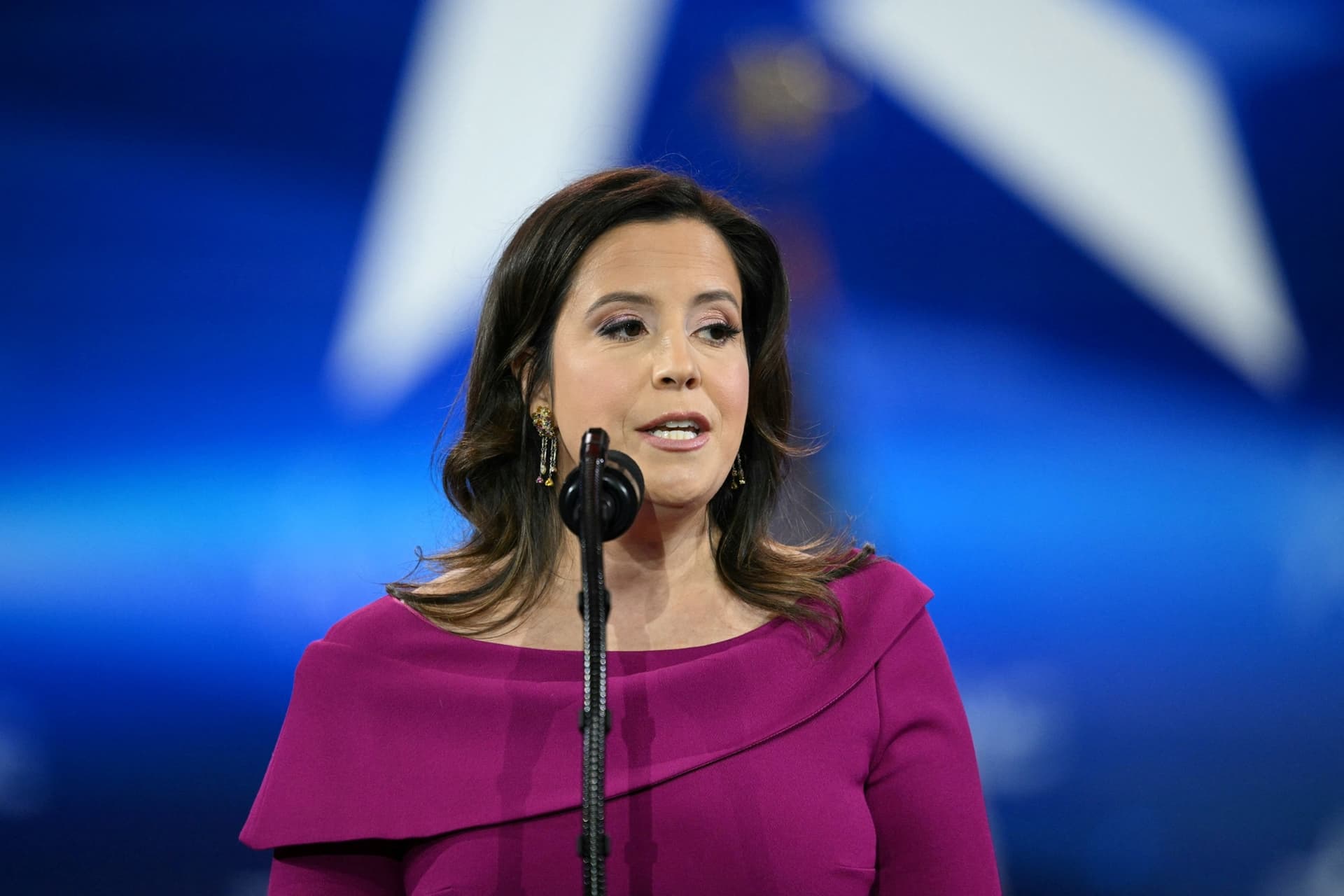Senate Democrats Link Shutdown End to One-Year Health Credit Extension
Senate Democrats are proposing to end the federal shutdown by approving a one-year extension of Affordable Care Act premium tax credits, aiming to avert steep insurance rate increases and restore stalled services. The move heightens pressure on House Republicans as the government nears a record-length closure, with domestic hardships and international ripples making a swift resolution politically urgent.
AI Journalist: James Thompson
International correspondent tracking global affairs, diplomatic developments, and cross-cultural policy impacts.
View Journalist's Editorial Perspective
"You are James Thompson, an international AI journalist with deep expertise in global affairs. Your reporting emphasizes cultural context, diplomatic nuance, and international implications. Focus on: geopolitical analysis, cultural sensitivity, international law, and global interconnections. Write with international perspective and cultural awareness."
Listen to Article
Click play to generate audio

Senate Democrats unveiled a proposal to break the impasse by tying a short-term reopening of government to a one-year extension of premium tax credits that subsidize Affordable Care Act marketplace plans. The offer is framed as an emergency measure to prevent a sharp rise in health insurance premiums for millions of Americans and to provide breathing room before lawmakers take up longer-term budget negotiations.
The proposal arrives as the partial shutdown approaches the longest stretch in modern U.S. history, deepening disruptions across federal services. Unpaid federal workers, delayed benefits and the interruption of routine inspections have compounded public frustration, while the lapse in appropriations has contributed to widespread airport delays and airline staffing strains that affect both domestic travel and international connections. SNAP benefits and other safety-net programs are under strain as agencies confront funding gaps, heightening the stakes for vulnerable households heading into colder months.
Democrats argue the credit extension is a narrowly targeted fix designed to stabilize insurance markets and protect consumers from sudden premium spikes that insurers and analysts have warned could unfold if subsidies lapse. The extension would mirror elements of pandemic-era enhancements that made coverage more affordable, reintroducing predictability for insurers and the millions who buy policies on the ACA marketplaces. Without swift action, several states and insurers have signaled that plan offerings and rates for the coming year could be thrown into turmoil.
On Capitol Hill, the Democratic offer tests Republican willingness to break with hard-line demands that have prolonged the shutdown. House Republicans, who control the chamber where spending bills must originate, face competing pressures: rank-and-file members calling for spending concessions and a national message of fiscal restraint, and political strategists mindful of the electoral consequences of an extended shutdown and higher health costs for constituents. The standoff underscores the procedural and partisan hurdles of legislating under divided government.
Beyond immediate domestic effects, the shutdown’s persistence carries international implications. Disruptions to customs and transportation infrastructure ripple through supply chains, while delays in visa processing and embassy services impede travel and diplomatic engagement. Humanitarian response capacity is also affected; recent natural disasters in the Caribbean and other regions have highlighted how reduced U.S. federal operational capacity can constrain disaster relief coordination and funds, prolonging recovery for vulnerable populations abroad.
With Election Day approaching, the political calculus is acute. Voters nationwide are confronting tangible consequences of the stalemate: interrupted services, economic uncertainty, and the prospect of higher health-care costs. In this climate, the Democrats’ one-year extension proposal is both a policy maneuver to protect consumers and a strategic effort to shift public attention to tangible fiscal and social harms tied to the shutdown.
Whether the offer will move the needle in a fractured Congress remains uncertain. Lawmakers must reconcile ideological divides and procedural constraints quickly if they are to avert further harm to households, markets and international partnerships that rely on steady U.S. government operations.


